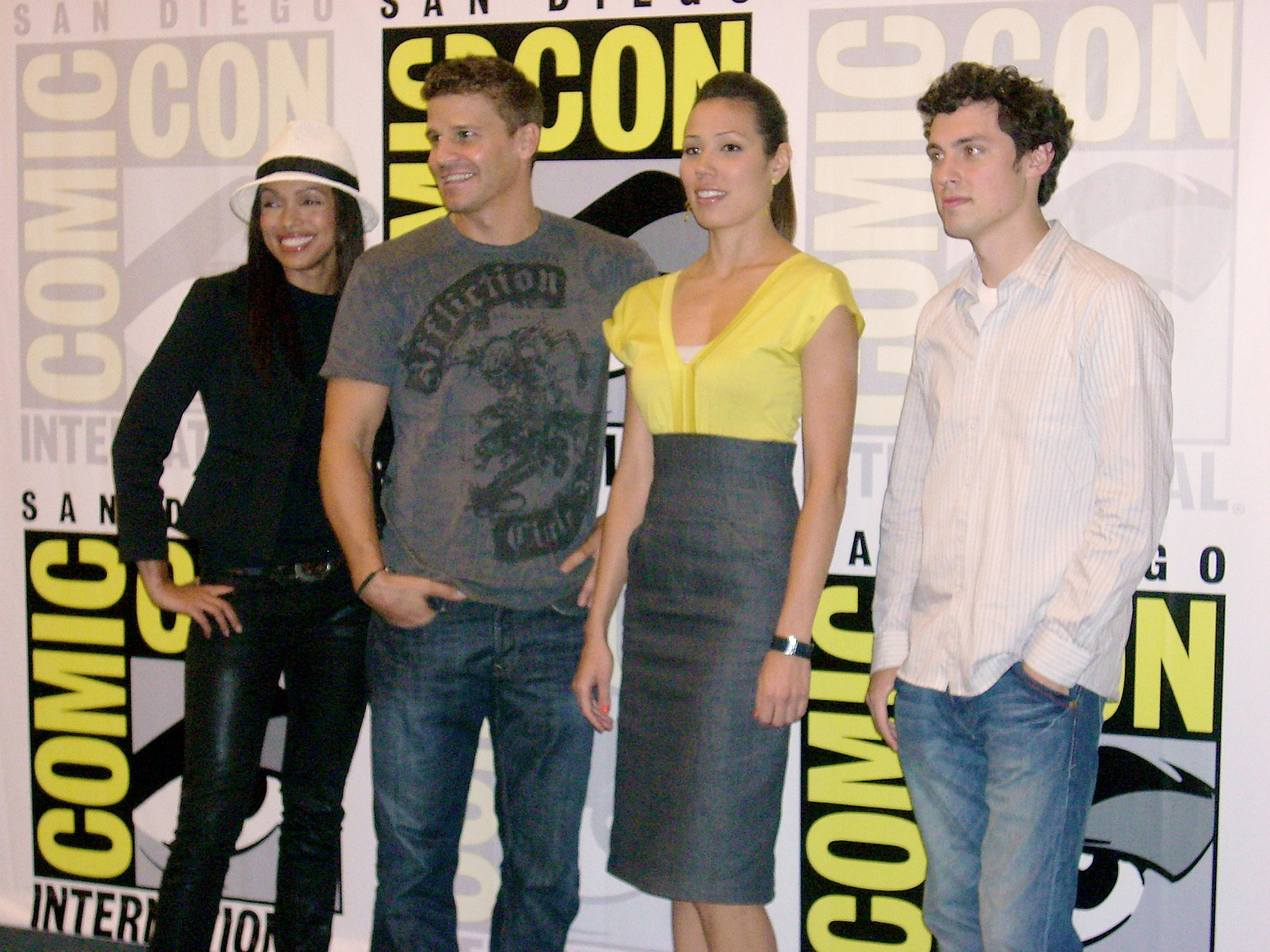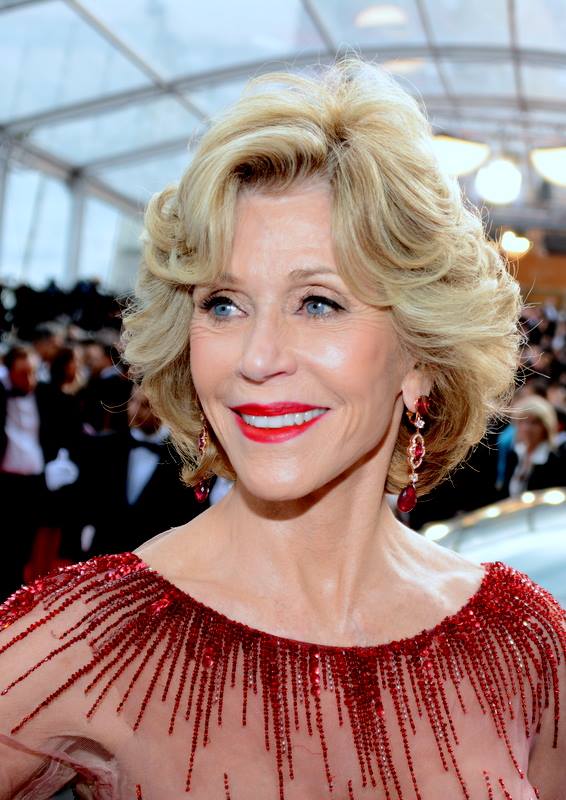
In the annals of American cultural history, few names resonate with the multifaceted power and enduring relevance of Jane Fonda. Born into a dynasty of actors and intellectuals, she emerged not merely as a captivating presence on the silver screen but as a formidable force for social justice, constantly challenging the status quo and redefining what it means to be a public figure. Her life, a remarkable tapestry woven with threads of artistic excellence, passionate advocacy, and an unwavering commitment to personal evolution, offers a compelling narrative of resilience and purpose.
Her career spans decades, marked by both dazzling Hollywood success and profound, often controversial, political engagement. Fonda’s journey reflects the tumultuous shifts of the 20th and 21st centuries, mirroring and influencing the cultural landscape through her groundbreaking performances and her relentless pursuit of a more equitable world. From her early comedic turns to her Oscar-winning dramatic roles, and from her vocal anti-war protests to her contemporary climate activism, she has consistently used her platform to provoke thought, inspire action, and push boundaries.
This exploration invites us on a deep dive into the initial chapters of Fonda’s remarkable story, charting her rise in Hollywood and tracing the formative moments that ignited her lifelong dedication to activism. We will examine how her early cinematic achievements laid the groundwork for a career defined by versatility and depth, while simultaneously revealing the burgeoning political consciousness that would ultimately shape her indelible legacy. Her influence is undeniable, a testament to a life lived with conviction and an inspiring refusal to conform.
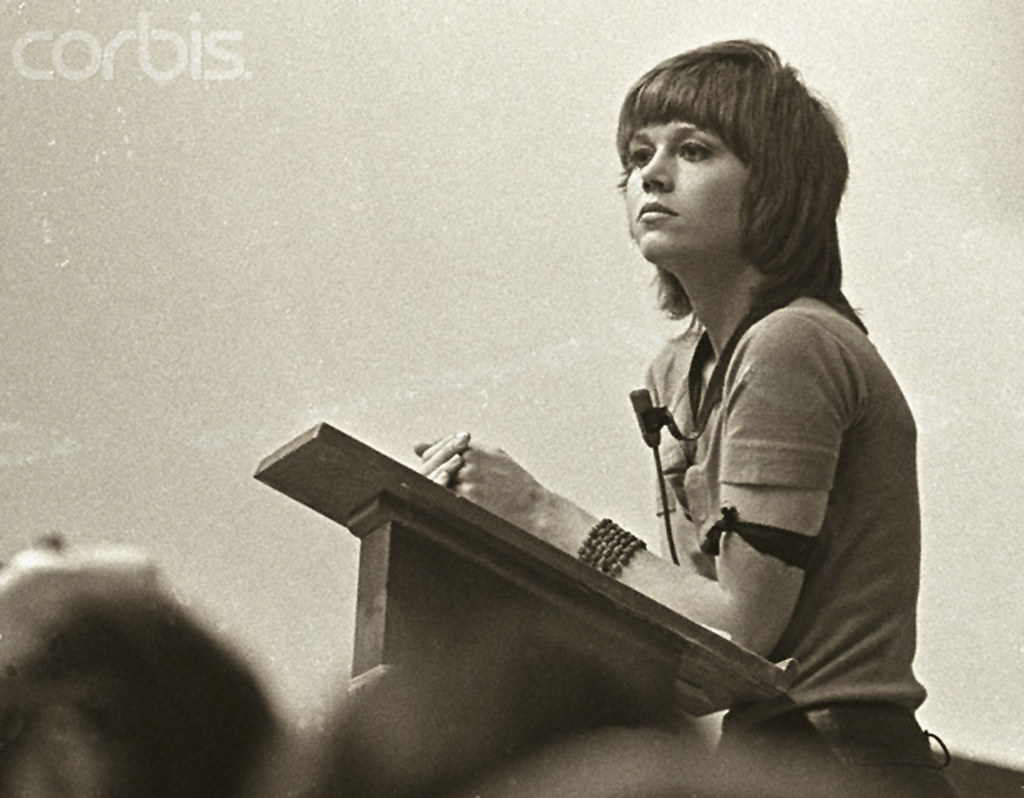
1. **Early Hollywood Breakthrough: “Tall Story” and 1960s Films**
Jane Fonda’s early life was intrinsically linked to the dazzling world of Hollywood, a privilege stemming from her lineage as the daughter of legendary actor Henry Fonda and socialite Frances Seymour Brokaw. This upbringing instilled in her a profound passion for performance, propelling her to attend Vassar College before embarking on her theatrical journey. Her formal training under the esteemed Lee Strasberg at the Actors Studio provided a rigorous foundation for the nuanced and versatile acting career that would soon blossom.
Her acting debut arrived in 1960, a significant moment shared with her father in the Broadway production of “There Was a Little Girl,” a performance that garnered immediate critical acclaim. This theatrical success was quickly followed by her breakthrough into film in 1962, where she starred as the titular character in the film adaptation of “Tall Story.” This role marked the true genesis of her prolific film career, showcasing her burgeoning talent to a wider audience.
Throughout the remainder of the 1960s, Fonda meticulously carved out her niche as one of Hollywood’s most promising and adaptable actresses. She delivered a series of memorable performances in diverse films such as “Period of Adjustment” (1962), demonstrating her capacity for dramatic roles, and the delightful comedic timing evident in “Cat Ballou” (1965). Her engaging presence in “Barefoot in the Park” (1967) further solidified her versatility, proving her ability to captivate audiences across various genres and setting the stage for more complex characters to come.
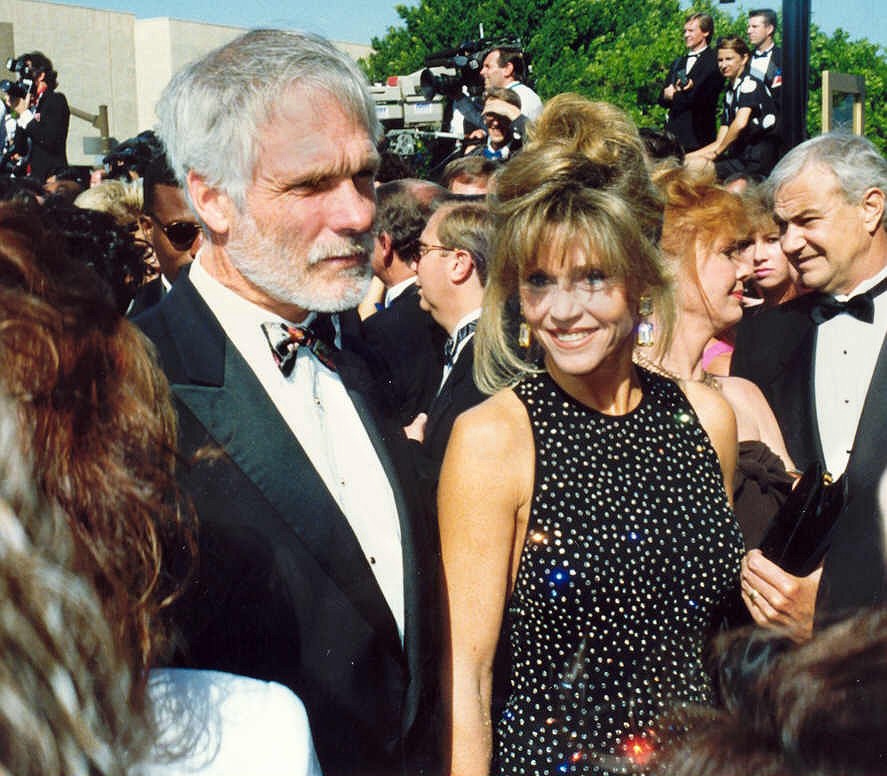
2. **The Pivotal “They Shoot Horses, Don’t They?” (1969)**
As the 1960s drew to a close, Jane Fonda embarked on a transformative cinematic endeavor that would profoundly redefine her career trajectory: “They Shoot Horses, Don’t They?” (1969). This gritty, unflinching drama, set during the Great Depression, presented a stark departure from the lighter fare she had previously undertaken. Her powerful portrayal in this film earned her widespread critical acclaim, culminating in her very first Academy Award nomination. It was a clear signal that Fonda was not merely content with commercial success; she was actively seeking roles that offered greater artistic depth and challenged societal norms.
The film itself was a harrowing exploration of human desperation, portraying the grueling endurance of dance marathons where participants pushed their physical and psychological limits for a meager prize. Fonda’s performance captured the raw vulnerability and hardened cynicism of her character, resonating deeply with critics and audiences alike. This role showcased her extraordinary range and commitment to her craft, demonstrating an ability to inhabit complex, emotionally taxing characters with compelling authenticity.
This period marked a significant turning point, signaling a deliberate shift in her career choices. Beyond the pursuit of mere entertainment, Fonda began to consciously select projects that carried greater social or political weight, reflecting a burgeoning desire to utilize her burgeoning fame and platform for more meaningful discourse. This artistic courage foreshadowed her unwavering commitment to social activism, proving that her artistic choices were increasingly intertwined with her evolving worldview.
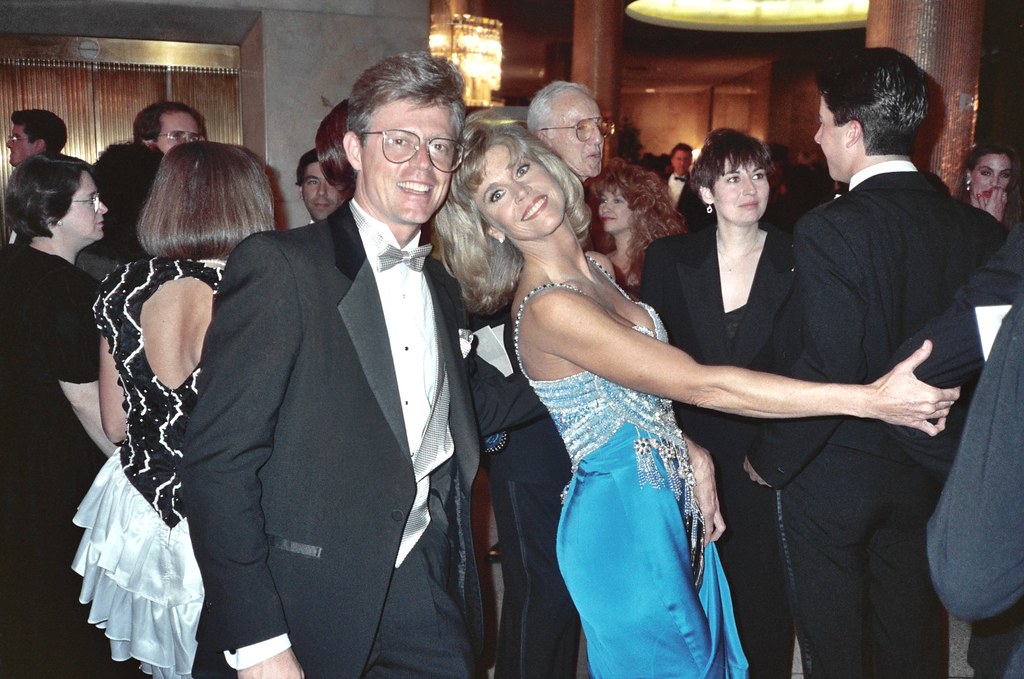
3. **”Klute” (1971) and First Academy Award**
The early 1970s brought Jane Fonda another monumental artistic triumph with her starring role in Alan J. Pakula’s neo-noir thriller, “Klute” (1971). This film became a critical and commercial success, serving as a powerful vehicle that irrevocably cemented her status as a serious dramatic actress of exceptional caliber. Her portrayal of Bree Daniels, a high-class call girl navigating a dangerous world, was lauded for its nuanced complexity and raw emotional depth, resonating profoundly with both critics and audiences.
Fonda meticulously crafted Bree Daniels, bringing a compelling blend of vulnerability, intelligence, and steely resolve to a character who could have easily been reduced to a mere stereotype. Her performance captured the psychological intricacies of a woman striving for agency and self-preservation within a perilous environment, earning her widespread accolades. This demanding role showcased her unparalleled dedication to character development and her ability to immerse herself fully in challenging narratives.
The profound impact of her work in “Klute” was recognized with her first Academy Award for Best Actress. This prestigious win was not merely an individual triumph but a powerful affirmation of her artistic prowess and daring choices. It solidified her place among Hollywood’s elite, empowering her further to select roles that were not only artistically fulfilling but also aligned with her increasingly defined political and social convictions, paving the way for even more significant contributions.
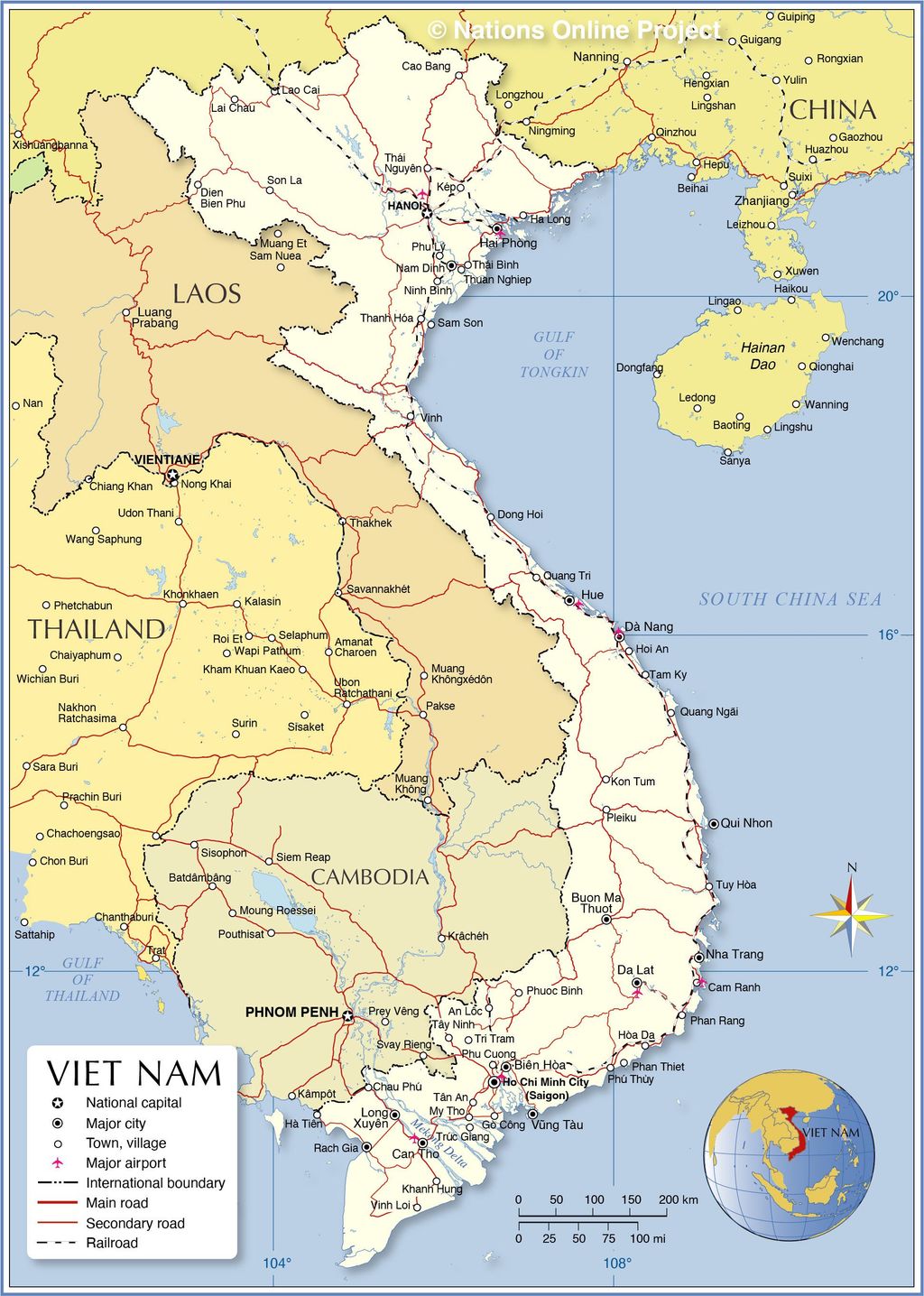
4. **The Vietnam War and the “Hanoi Jane” Controversy**
Beyond her burgeoning success in Hollywood, Jane Fonda became an undeniably prominent and often controversial figure in the political landscape of the 1960s and early 1970s, primarily through her outspoken opposition to the Vietnam War. Inspired by the burgeoning civil rights movement and the widespread anti-war protests sweeping the nation, Fonda leveraged her public platform to vehemently criticize the conflict, advocating passionately for peace and diplomacy in a deeply divided America. Her stance marked her as a fearless, if polarizing, advocate for change.
The apex of her anti-war activism, and simultaneously the genesis of enduring controversy, was her highly publicized trip to North Vietnam in 1972. During this visit, she toured the country’s dike system, which was allegedly bombed by the U.S., impacting Vietnam’s farmland and water supply. She also participated in several radio shows, directly appealing to American soldiers to cease fire. It was during this trip that the now-infamous photograph was taken, showing her sitting on a North Vietnamese anti-aircraft gun.
This photograph, along with her vocal criticisms of U.S. involvement, sparked intense outrage and condemnation from various segments of American society, particularly veterans and conservatives. It earned her the enduring and derogatory nickname “Hanoi Jane,” leading to accusations of treason and relentless public scorn. Despite the overwhelming backlash, Fonda remained unwavering in her commitment to peace and justice, although she has since expressed profound regret for the impact the photograph had on American soldiers, stating it hurts her “to my grave that I made a huge, huge mistake that made a lot of people think I was against the soldiers.”
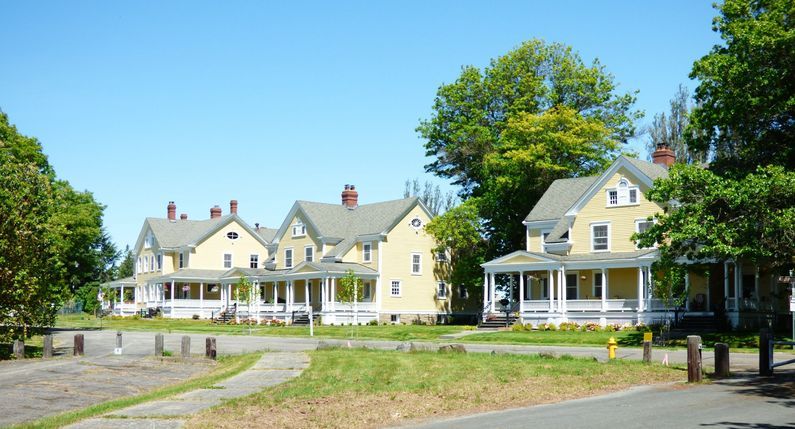
5. **Championing Indigenous Rights: Fort Lawton and Standing Rock**
Jane Fonda’s commitment to social justice extended far beyond the anti-war movement, encompassing a profound and sustained advocacy for Indigenous rights that began early in her activist journey. Her initial engagement with these crucial issues dates back to the late 1960s and early 1970s, demonstrating a consistent dedication to supporting marginalized communities. She recognized the systemic injustices faced by Native Americans and used her public profile to amplify their voices and their fight for recognition and land rights.
A significant moment in this advocacy occurred in 1969, when Fonda notably joined activist Bernie Whitebear in leading a group to occupy Fort Lawton in Seattle. This site, an Army installation since the 1890s, had led to the forced relocation of many Native Americans and was being converted into a park. Whitebear’s group, with Fonda’s crucial support, marched through Fort Lawton with the goal of “reclaiming the land known as Fort Lawton in the name of all American Indians by right of discovery.” Her presence proved instrumental, as her “support and impact on public opinion was crucial,” reportedly getting “Bernie Whitebear through the door and bringing the politicians to the bargaining table.”
Fonda’s unwavering support for Indigenous communities continued for decades, exemplifying a consistent thread through her activism. Her early visits to Native American protestors incarcerated at Alcatraz in San Francisco between 1969 and 1971 underscore this long-standing commitment. More recently, in 2016, she lent her significant voice and presence to protest the Dakota Access Pipeline at Standing Rock, and in 2020, she stood in solidarity with Indigenous people in opposition to the Line 3 pipeline. These actions highlight her steadfast dedication to environmental justice and the rights of Native communities, demonstrating a powerful continuity in her advocacy work across generations.
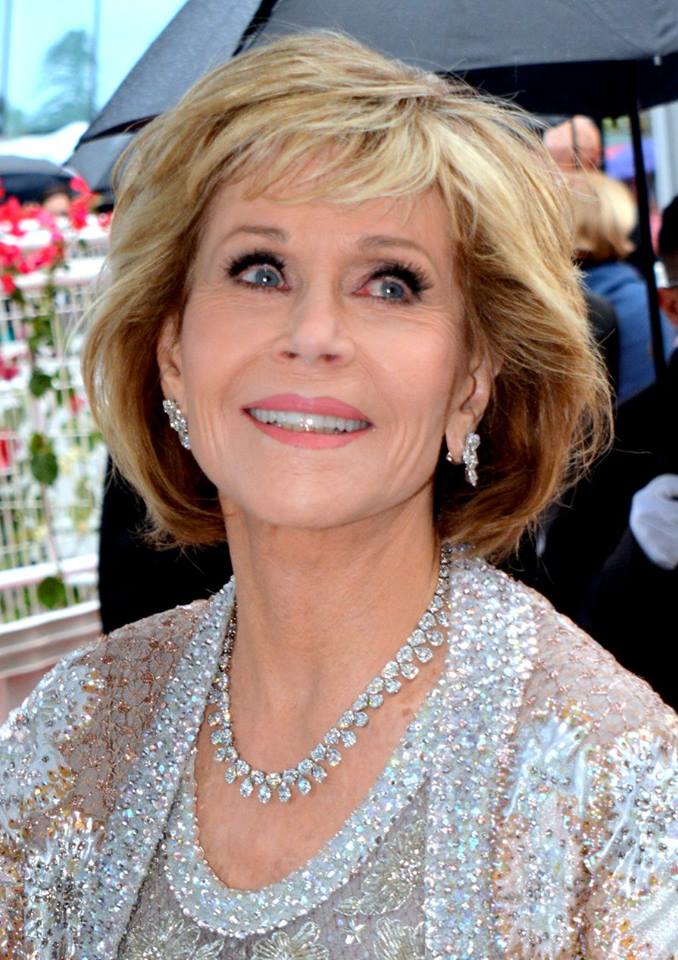
6. **”Coming Home” (1978) and Second Academy Award**
By the late 1970s, Jane Fonda had masterfully interwoven her deep-seated political convictions with her unparalleled acting talent, a synergy powerfully showcased in the film “Coming Home” (1978). This poignant and powerful anti-war drama allowed Fonda to explore the profound human cost of the Vietnam War from a deeply personal perspective, portraying a married woman who finds love and purpose through her work with a wheelchair-bound war veteran. The film resonated as a compelling artistic statement against the backdrop of her own anti-war activism.
Her performance in “Coming Home” was nothing short of transformative, bringing a raw vulnerability and quiet strength to her character. The film delved into the complex emotional and physical impacts of the war on soldiers and their families, offering a nuanced depiction of post-war trauma and the challenges of reintegration. Fonda’s portrayal was hailed for its authenticity and emotional resonance, further solidifying her reputation as an actress who could deliver both profound dramatic depth and a compelling social message.
This extraordinary cinematic achievement culminated in Jane Fonda earning her second Academy Award for Best Actress, a remarkable feat that underscored her enduring brilliance and her unique ability to fuse art with advocacy. “Coming Home” not only stood as a testament to her acting prowess but also reinforced her commitment to using the medium of film as a powerful tool for social commentary and change, paving the way for further impactful roles that would address pressing societal issues.
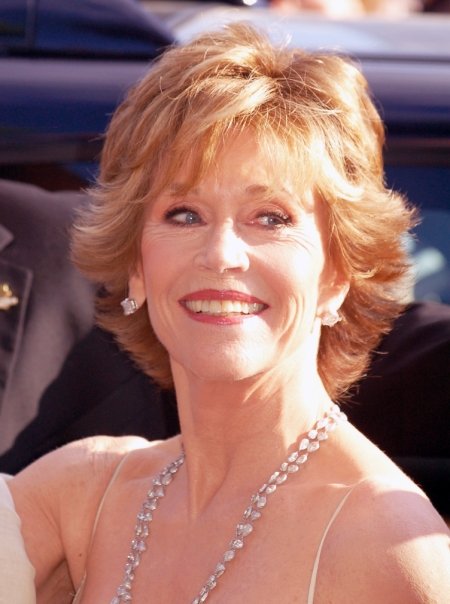
7. **”The China Syndrome” (1979) and its Real-World Resonance**
Jane Fonda continued her pattern of starring in socially relevant films with “The China Syndrome” (1979), a gripping thriller that delved into the perilous world of nuclear power plant safety. In the film, Fonda played a television reporter who uncovers alarming safety violations at a nuclear power plant, a discovery that escalates into a chilling race against time to prevent a catastrophic meltdown. The movie skillfully built tension, serving as a powerful cautionary tale about corporate negligence and potential environmental disaster.
What truly amplified the film’s impact, however, was its chilling, almost prophetic, real-world resonance. A mere twelve days after “The China Syndrome” was released to theaters, a major accident occurred at the Three Mile Island nuclear power plant in Pennsylvania, releasing radiation and sending shockwaves across the nation. This real-life event catapulted the film from a fictional thriller to an eerily prescient commentary on contemporary dangers, with Fonda reportedly noting, “You know the expression ‘We had legs’? We became a caterpillar after Three Mile Island.”
The serendipitous timing of the film’s release and the Three Mile Island accident not only boosted its commercial success but also solidified Fonda’s role as an artist unafraid to tackle critical societal issues. This immediate, real-world validation of the film’s themes further emboldened her activism; just five weeks after the accident, Fonda and her then-husband Tom Hayden led a massive protest with some 65,000 others against nuclear warfare. “The China Syndrome” thus became a powerful example of how art could reflect, and even influence, public discourse on pressing environmental and safety concerns.
Even as the 1970s concluded with powerful statements in film, Jane Fonda’s journey was far from peaking; she continued to evolve, demonstrating a remarkable capacity for reinvention and an unwavering commitment to both her craft and the causes she championed. Her career trajectory post-1979 reveals a woman who seamlessly blended commercial appeal with profound social commentary, all while venturing into new arenas and openly embracing the wisdom that comes with age. This section continues to trace her path, highlighting cinematic triumphs that resonated culturally, her expansion into diverse forms of activism, groundbreaking business ventures, and her inspirational philosophy on aging gracefully, cementing her legacy as a true icon.
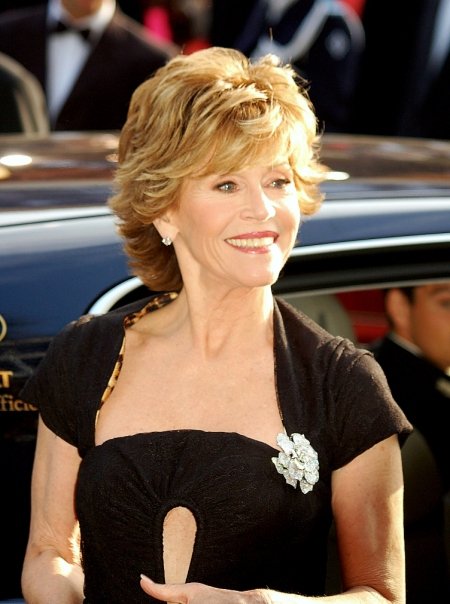
8. **“9 to 5” (1980) and the Feminist Workplace Revolution**
Following her powerful, dramatic roles, Jane Fonda turned her formidable talents to comedy with “9 to 5” (1980), a film that was much more than a box office hit. This vibrant feminist comedy, co-starring Dolly Parton and Lily Tomlin, tackled pressing issues of workplace inequality and sexual harassment with both humor and sharp insight. The movie resonated deeply with audiences, sparking vital conversations about the challenges women faced in the professional world and becoming an enduring cultural touchstone for its era.
“9 to 5” served as a powerful cinematic extension of Fonda’s long-standing advocacy for women’s rights. She wasn’t just an actress in the film; she was a producer, meticulously ensuring that the movie accurately reflected the systemic issues women encountered. As she noted in the documentary “Jane Fonda in Five Acts,” “We dealt with all the issues—sexual harassment, unequal pay, the importance of flex hours, the importance of childcare.” This proactive approach underscored her commitment to using film as a potent vehicle for social commentary and change.
Beyond its entertainment value, the film’s significant impact lay in its ability to bring these critical issues into mainstream discourse, challenging entrenched norms with a relatable and entertaining narrative. “9 to 5” not only provided a platform for Fonda to champion gender equality but also empowered countless women by giving voice to their shared experiences, cementing her role as a pioneering figure in the fight for women’s liberation and workplace fairness.
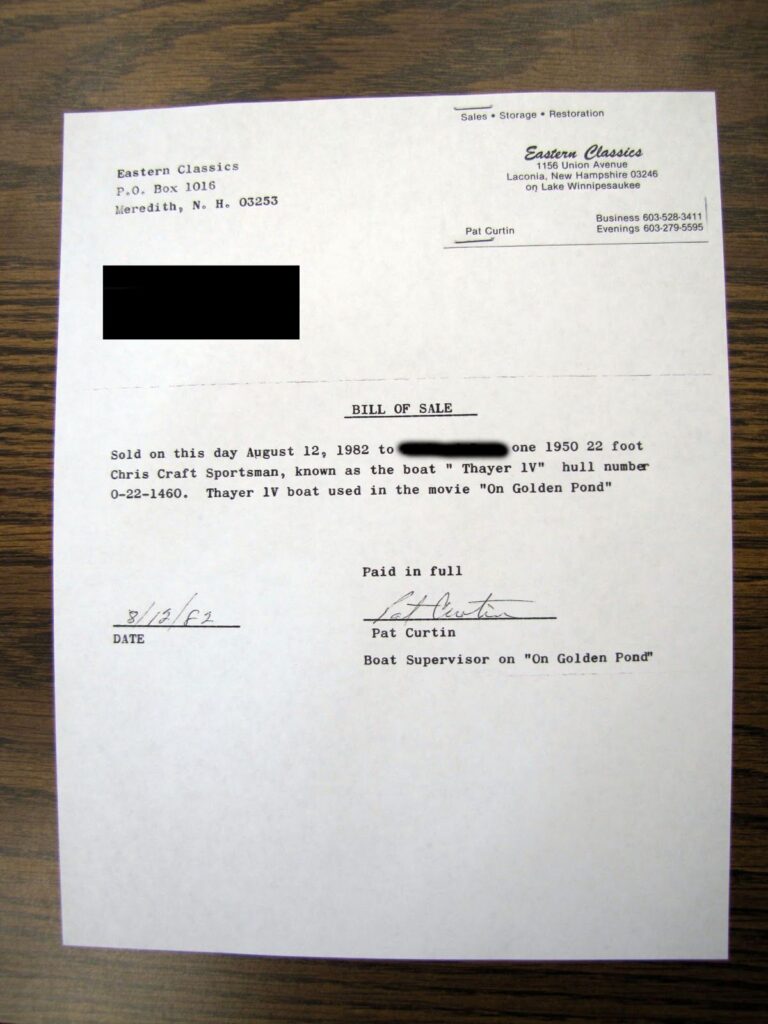
9. **“On Golden Pond” (1981) and a Poignant Family Reunion**
In 1981, Jane Fonda embarked on a deeply personal and emotionally resonant project with “On Golden Pond,” a heartwarming drama that marked a significant moment in cinematic history. This film offered a rare opportunity for her to share the screen with her legendary father, Henry Fonda, in what would tragically be his final film role. The poignant portrayal of a strained yet loving father-daughter relationship in the movie mirrored aspects of their real-life dynamic, adding an extraordinary layer of authenticity and emotional depth to their performances.
The film’s narrative, centered on an aging couple confronting mortality and family dynamics, resonated universally, showcasing Fonda’s incredible range beyond the politically charged roles she had often embraced. Her performance as Chelsea Thayer Wayne was lauded for its subtlety and vulnerability, earning her widespread critical acclaim. The raw, honest performances, particularly the heartfelt interactions between Jane and Henry Fonda, captivated audiences and critics alike, making it a powerful testament to the complexities of family bonds.
“On Golden Pond” was not only a commercial success but also a critical triumph, earning Henry Fonda his only Academy Award for Best Actor, a victory made all the more significant by its timing and the profound on-screen collaboration with his daughter. This film underscored Jane Fonda’s enduring versatility and her ability to choose projects that carried significant artistic and personal weight, further solidifying her status as an actress of remarkable depth and enduring appeal.
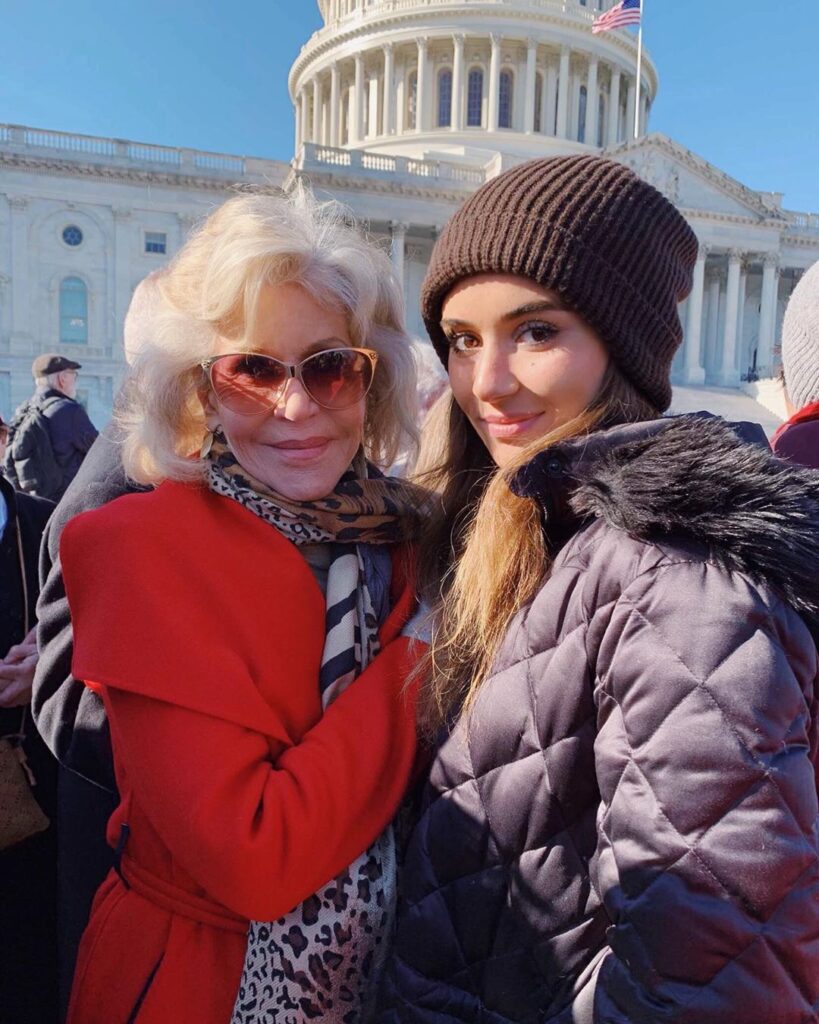
10. **The Fitness Empire: Revolutionizing Home Workouts**
In a surprising yet incredibly impactful turn in the 1980s, Jane Fonda ventured beyond acting and activism to become an unexpected pioneer in the fitness industry, revolutionizing home workouts for millions. Her “Jane Fonda’s Workout” VHS tapes and accompanying books became an overnight cultural phenomenon, selling millions of copies and almost single-handedly popularizing aerobics for a mainstream audience. This innovative venture tapped into a burgeoning health consciousness, demonstrating her astute understanding of market trends and her remarkable ability to connect with a broad consumer base.
This foray into business was not merely about commercial success; it was intrinsically linked to her deep-seated political convictions. The fitness empire served a dual purpose, as the profits generated from the “Jane Fonda Workout” video were explicitly created with the intention to fund the Campaign for Economic Democracy, an organization she co-founded with Tom Hayden dedicated to promoting social and economic justice. This ingenious fusion of health, entrepreneurship, and activism showcased her multifaceted approach to making a difference, proving that business could be a powerful tool for social good.
Her fitness empire transcended mere exercise products; it reshaped an entire industry and inspired a generation to embrace physical activity. It solidified her brand as a health and wellness icon, a title she continues to embody even decades later. This period stands as a testament to her pioneering spirit, her business savvy, and her unwavering commitment to integrating her personal passions with her broader mission for social change.
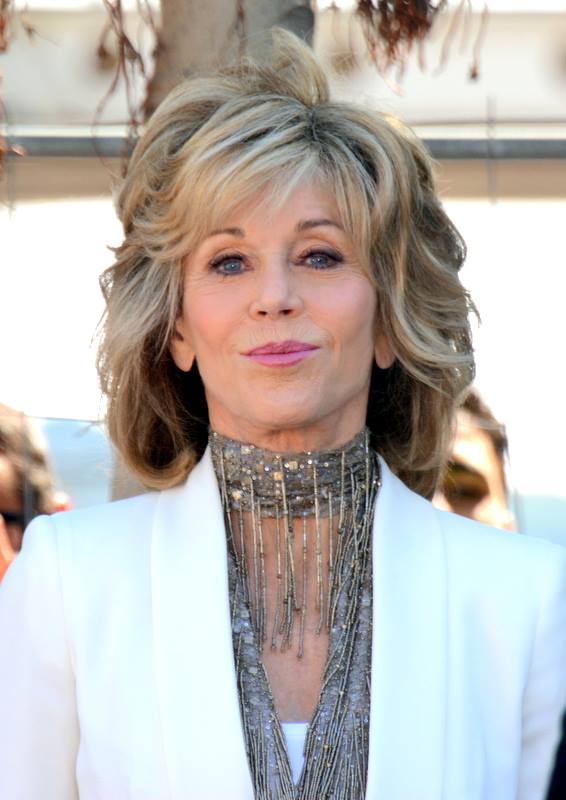
11. **Enduring Appeal: Later Cinematic Returns**
After a period of focusing on her fitness ventures and activism, Jane Fonda made a triumphant return to the silver screen in the 2000s, proving her enduring star power and remarkable ability to adapt to new cinematic landscapes. Her successful comeback in the 2005 comedy “Monster-in-Law” showcased her comedic timing and undeniable on-screen charisma, resonating with a new generation of viewers while delighting long-time fans. This role underscored her unique ability to remain relevant and captivating across multiple generations of audiences.
Her impact in later years extended significantly into the realm of television with the critically acclaimed Netflix series “Grace and Frankie” (2015-2022). Co-starring with her long-time friend Lily Tomlin, this series beautifully explored universal themes of friendship, aging, and sexuality from the perspective of two women navigating life’s later chapters. The show was a tremendous success, not only demonstrating her continued appeal but also highlighting her willingness to engage with contemporary narratives that resonated deeply with modern audiences.
These later roles are a powerful testament to Fonda’s versatility and her commitment to projects that offer both entertainment and meaningful commentary on the human experience. Her continued presence in film and television reinforces her status as a cultural icon who, despite decades in the industry, consistently finds new ways to connect with viewers, challenge perceptions, and inspire through her work, proving that her artistic flame burns as brightly as ever.
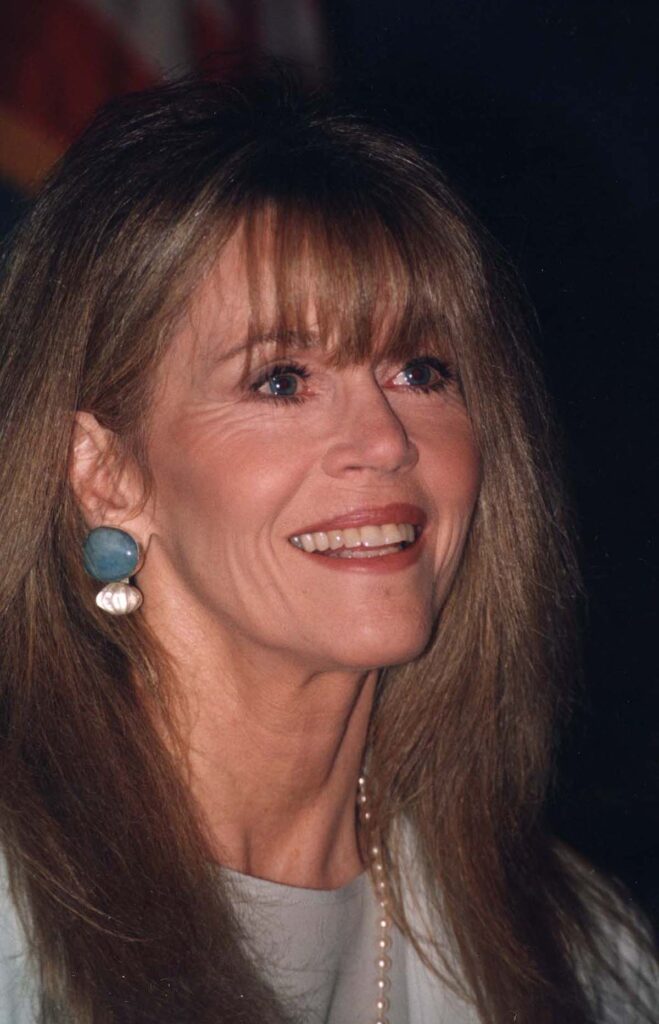
12. **Environmental Crusader: Fire Drill Fridays and Pipeline Protests**
In recent years, Jane Fonda has intensified her lifelong commitment to activism, focusing with remarkable energy on the urgent climate crisis. Inspired by the passionate advocacy of young activists like Greta Thunberg, Fonda launched “Fire Drill Fridays” in October 2019, a weekly protest in collaboration with Greenpeace. These gatherings outside the U.S. Capitol served as a powerful platform to raise widespread awareness of the worsening climate crisis and to demand that the U.S. government aggressively pursue alternatives to fossil fuels, aligning with the principles of the Green New Deal.
Fonda’s dedication to climate action has been unwavering, demonstrating her willingness to put herself directly on the line for the cause. She has been arrested multiple times during these protests, famously calling her arrest on her 82nd birthday the “best birthday party ever” in her book “What Can I Do? My Path From Climate Despair to Action.” This consistent, highly visible activism, often involving other prominent figures, played a crucial role in bringing heightened attention to the climate crisis and inspiring countless others to take action.
Her environmental advocacy extends beyond Fire Drill Fridays to direct opposition against destructive infrastructure projects. In 2016, she lent her significant voice and presence to protest the Dakota Access Pipeline at Standing Rock, championing both the social rights of Native Americans and raising awareness about the environmental impacts of pipelines. More recently, in 2020, she stood in solidarity with Indigenous people in opposition to the Line 3 pipeline in Minnesota, further demonstrating her steadfast commitment to environmental justice and the rights of marginalized communities across generations.
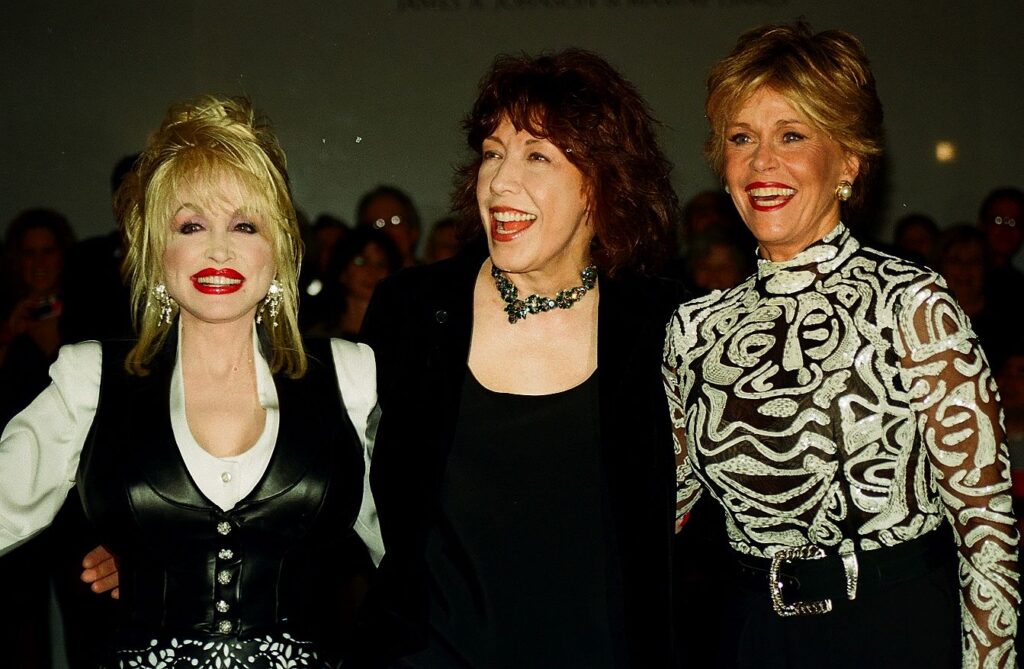
13. **Broader Social Advocacy and Philanthropic Endeavors**
Jane Fonda’s impact on social justice extends far beyond the well-publicized anti-war and environmental movements, encompassing a wide array of causes and demonstrating her sustained commitment to a more equitable world. Her activism began early, including a notable alignment with the Black Panther Party in 1968, where she participated in civil rights protests and contributed personal donations to the group. She has also consistently advocated for stricter gun control laws in the United States, a quiet but firm stance in her multifaceted activism.
Beyond her public protests and outspoken views, Fonda has channeled significant resources into impactful philanthropic endeavors, institutionalizing her commitment to social change. In 1998, she established The Fonda Family Foundation with funds gifted by her then-husband, Ted Turner, focusing primarily on human rights and social services. Following her separation from Turner, she founded The Jane Fonda Foundation in 2004, initiating it with $1 million of her own funds, further solidifying her personal dedication to these causes.
Through these foundations and her personal donations, Fonda has supported a wide range of critical issues, including education, adolescent reproductive health, environmental initiatives, human services, and the arts. Specific beneficiaries include Emory University, the Grady Teen Clinic at Atlanta’s Grady Hospital, and the Georgia Campaign for Adolescent Power and Control. Her philanthropic footprint also extends to organizations such as the Alzheimer’s Association, the Elton John AIDS Foundation, Oceana, Peace Over Violence, and V-Day, illustrating the breadth and depth of her unwavering commitment to creating positive social change across various crucial sectors.
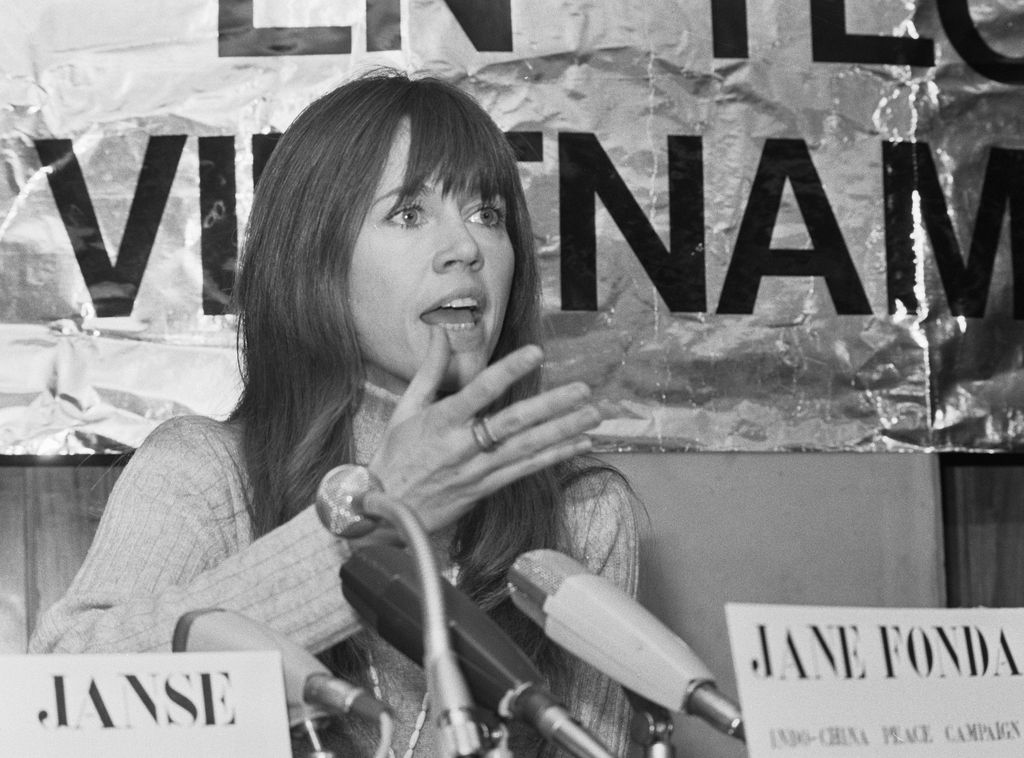
14. **The Art of Aging Gracefully: A Lifelong Evolution**
In her later years, Jane Fonda has emerged not only as a formidable activist and enduring actress but also as an inspiring figure for her remarkably candid and empowering approach to aging. She has openly discussed her experiences with aging, including her decision to undergo cosmetic surgery, yet consistently emphasizes the far greater importance of embracing the natural process of aging and finding profound joy and purpose in later life. Her perspective challenges societal pressures that often stigmatize aging, advocating for a more holistic and self-accepting journey.
Fonda actively promotes a philosophy of well-being that prioritizes physical activity, maintaining an active lifestyle as a testament to its benefits for both physical and mental health. She equally champions the importance of staying mentally engaged and pursuing activities that bring genuine joy and a sense of purpose. Crucially, she highlights the significance of maintaining strong social connections and cultivating a supportive community, recognizing these as vital components for a fulfilling life.
Her candor, particularly her encouragement for women to embrace their age and reject unrealistic beauty standards, has resonated deeply with many. Her book, “Prime Time: Love, Health, Sex, Fitness, Friendship, Spirit – Making the Most of All of Your Life After 50,” offers practical advice and profound insights, drawing from her own experiences. Jane Fonda’s journey serves as a powerful reminder that aging can be a time of continuous growth, purpose, and joy, solidifying her legacy as an inspiring role model for women of all ages, proving that it is never too late to learn, to grow, and to make a difference in the world. Her enduring journey continues to inspire generations, a testament to her resilience, conviction, and vibrant pursuit of a meaningful life.
Jane Fonda’s life is an extraordinary narrative of resilience, reinvention, and unwavering commitment. From her early Hollywood stardom and groundbreaking performances to her fearless activism on the most pressing social and environmental issues of our time, and her inspiring embrace of aging, she has consistently defied expectations. Her journey demonstrates how a public platform can be harnessed for profound impact, influencing culture, challenging norms, and advocating tirelessly for a more just and equitable world. Jane Fonda is not just a name in cinema; she is a powerful, living legacy, a beacon of courage and purpose whose story continues to unfold, inspiring us all to live with conviction and never to stop striving for change. Her influence, like her spirit, remains as vibrant and impactful as ever.


